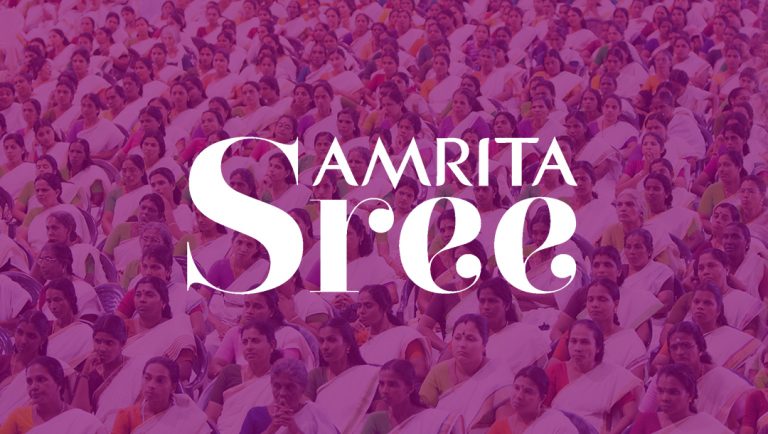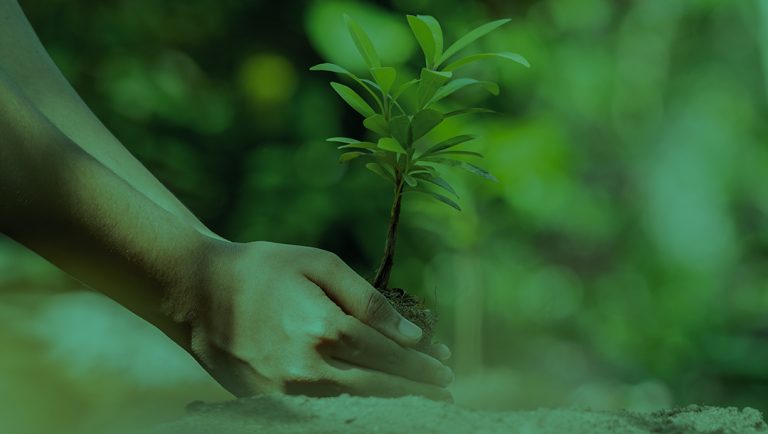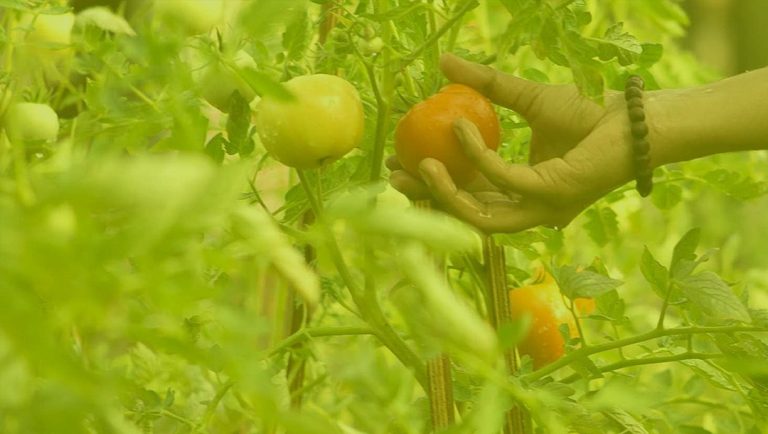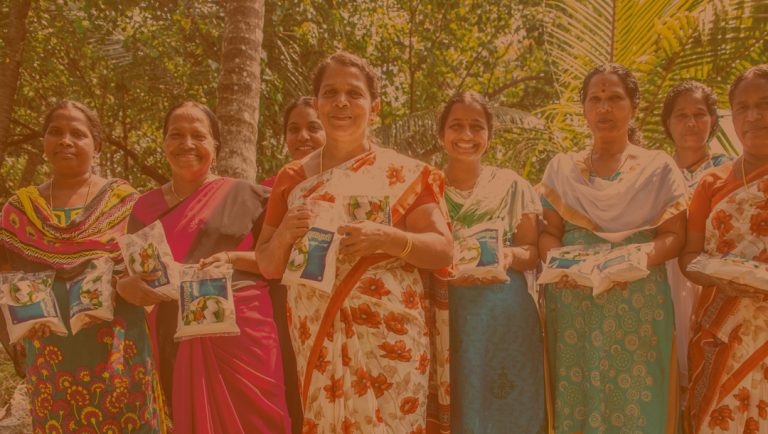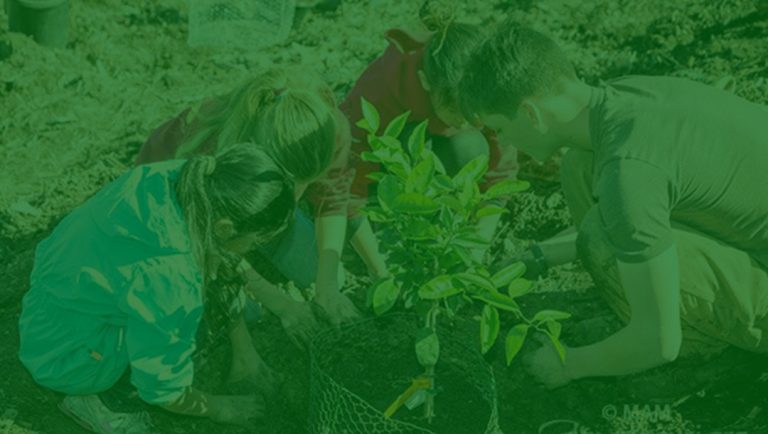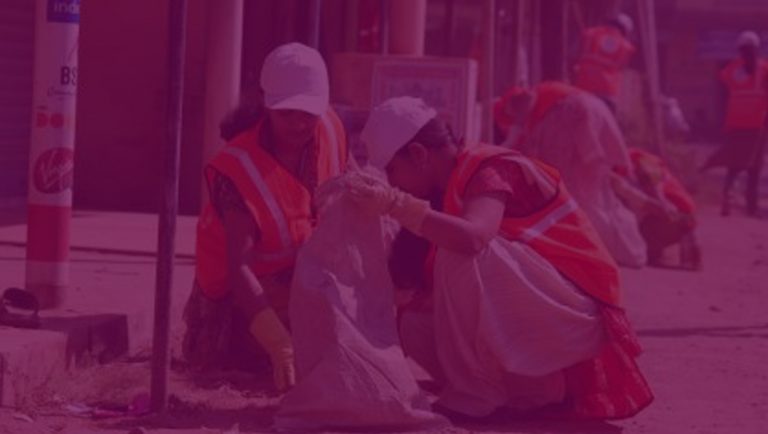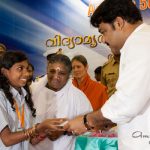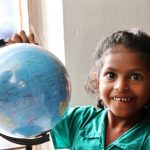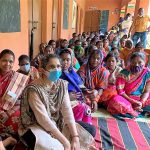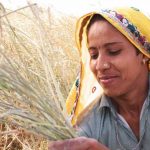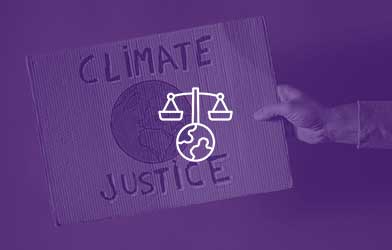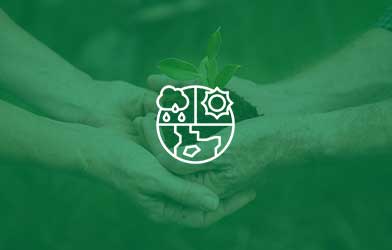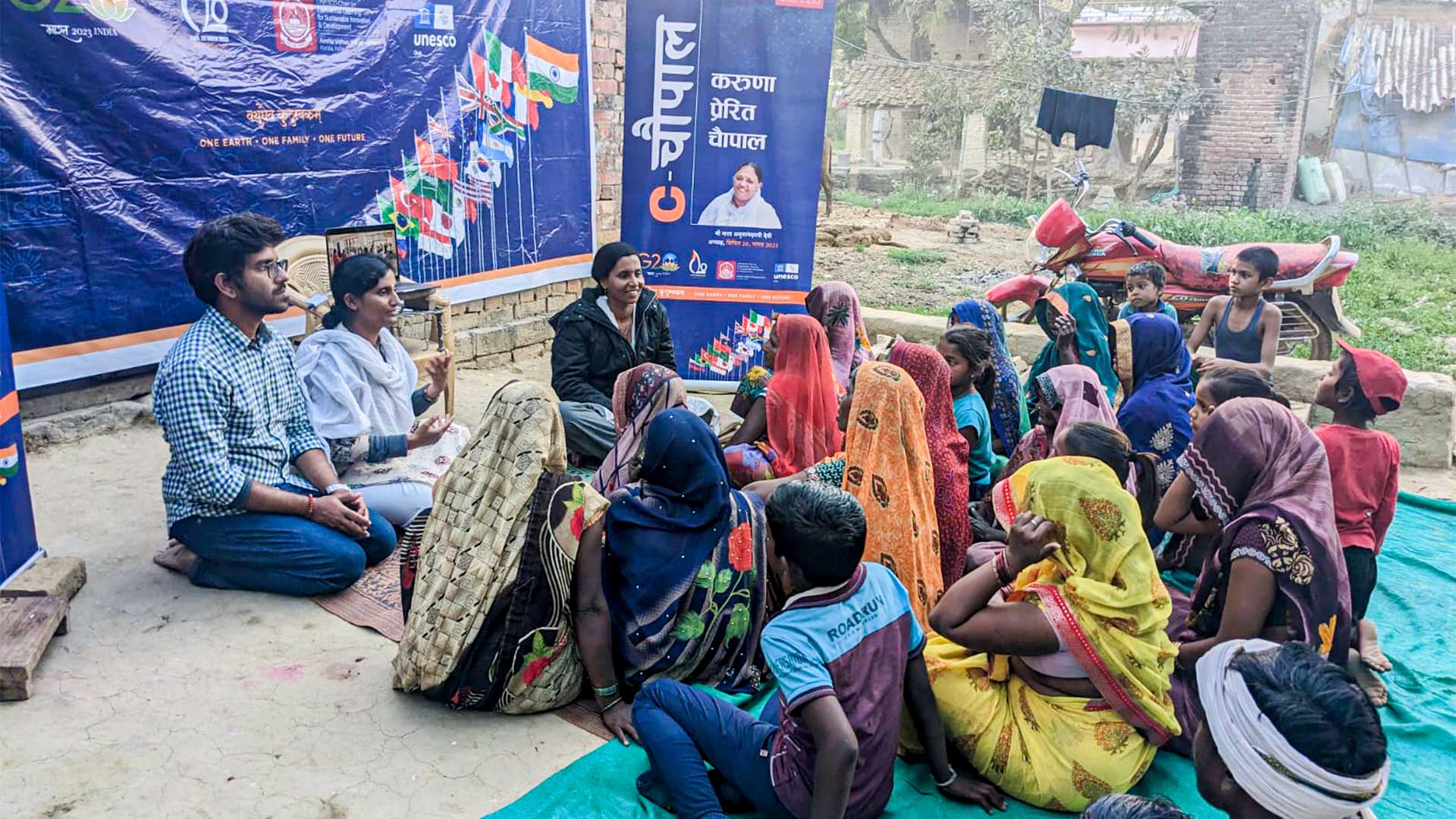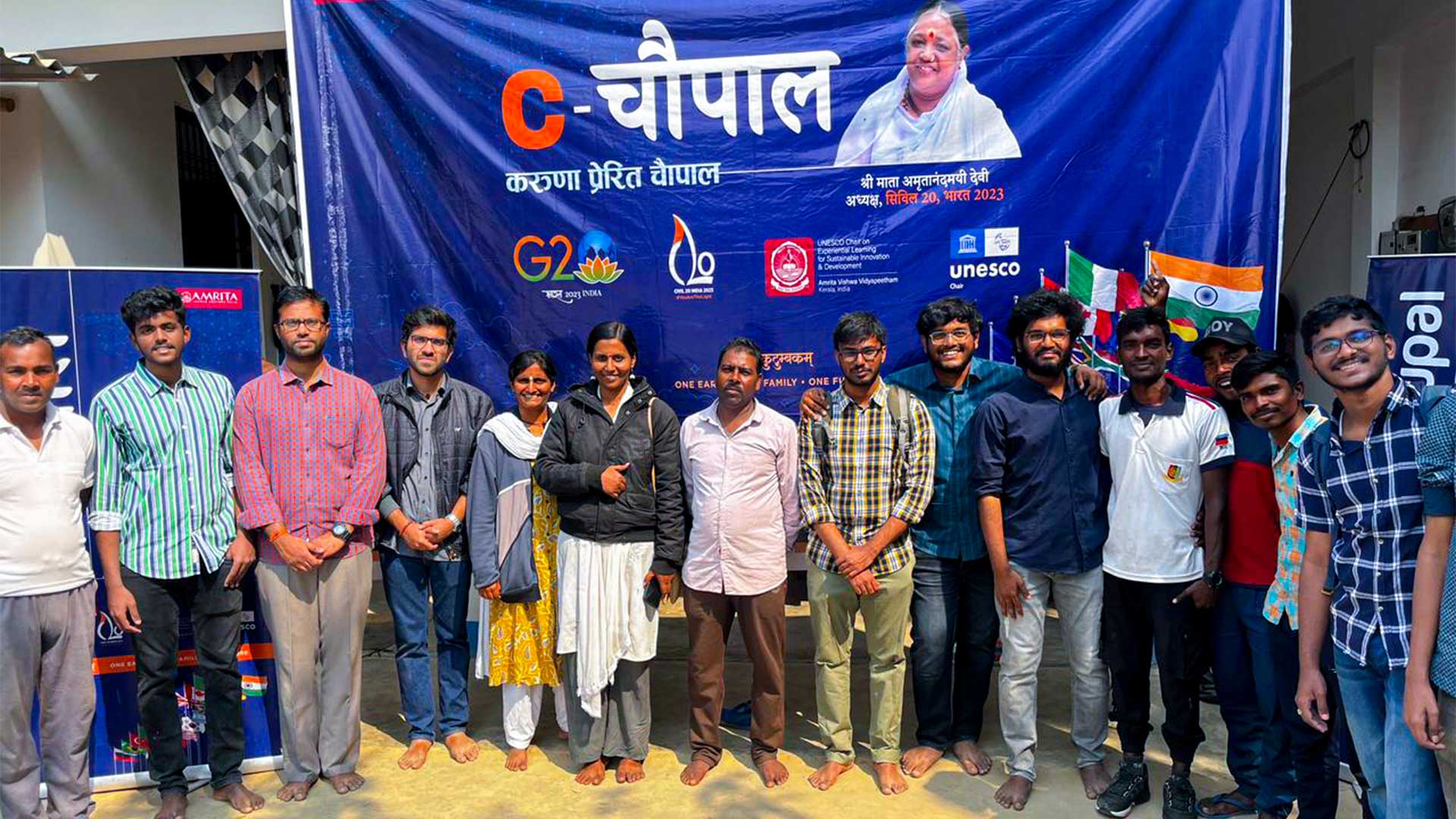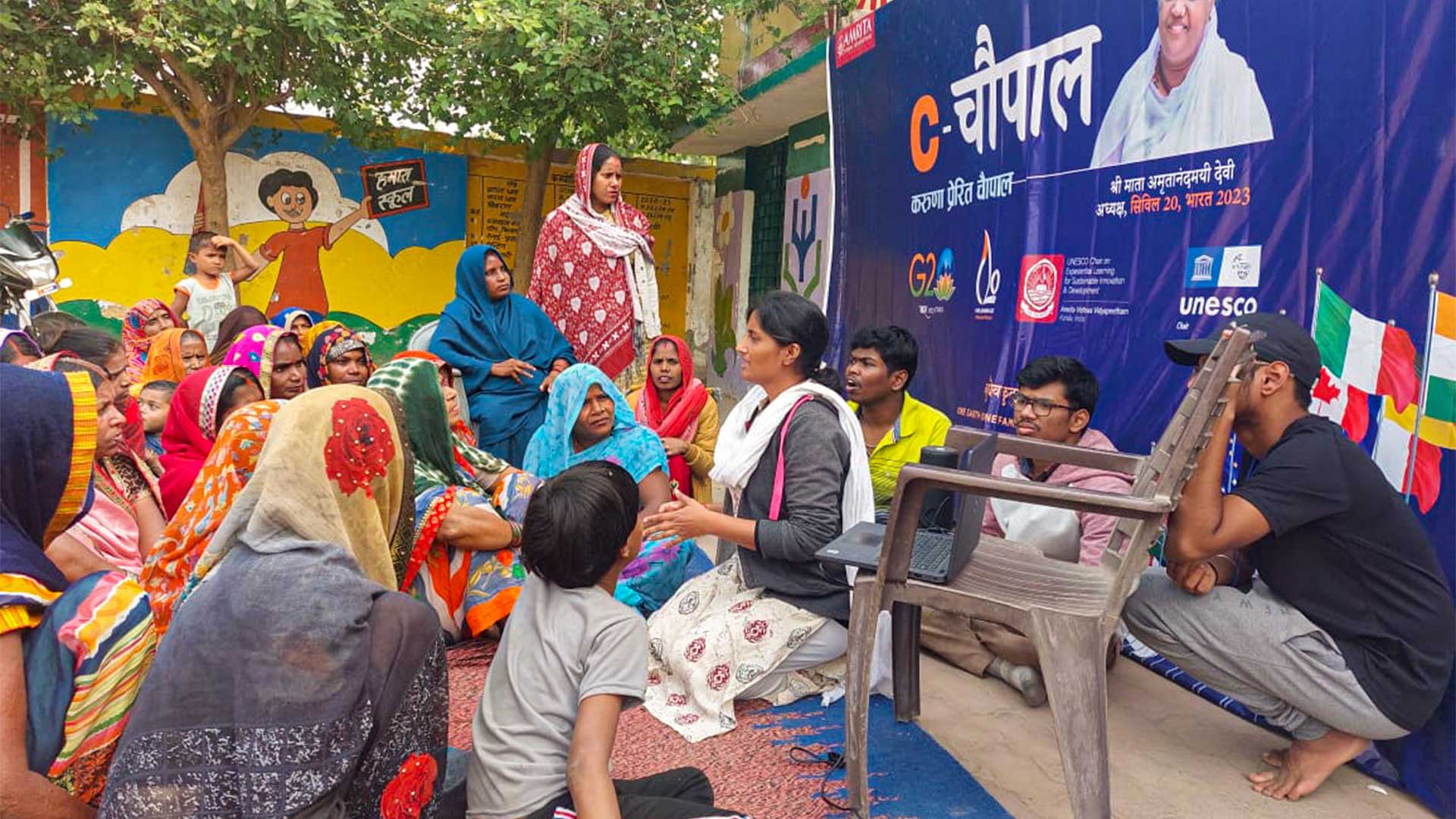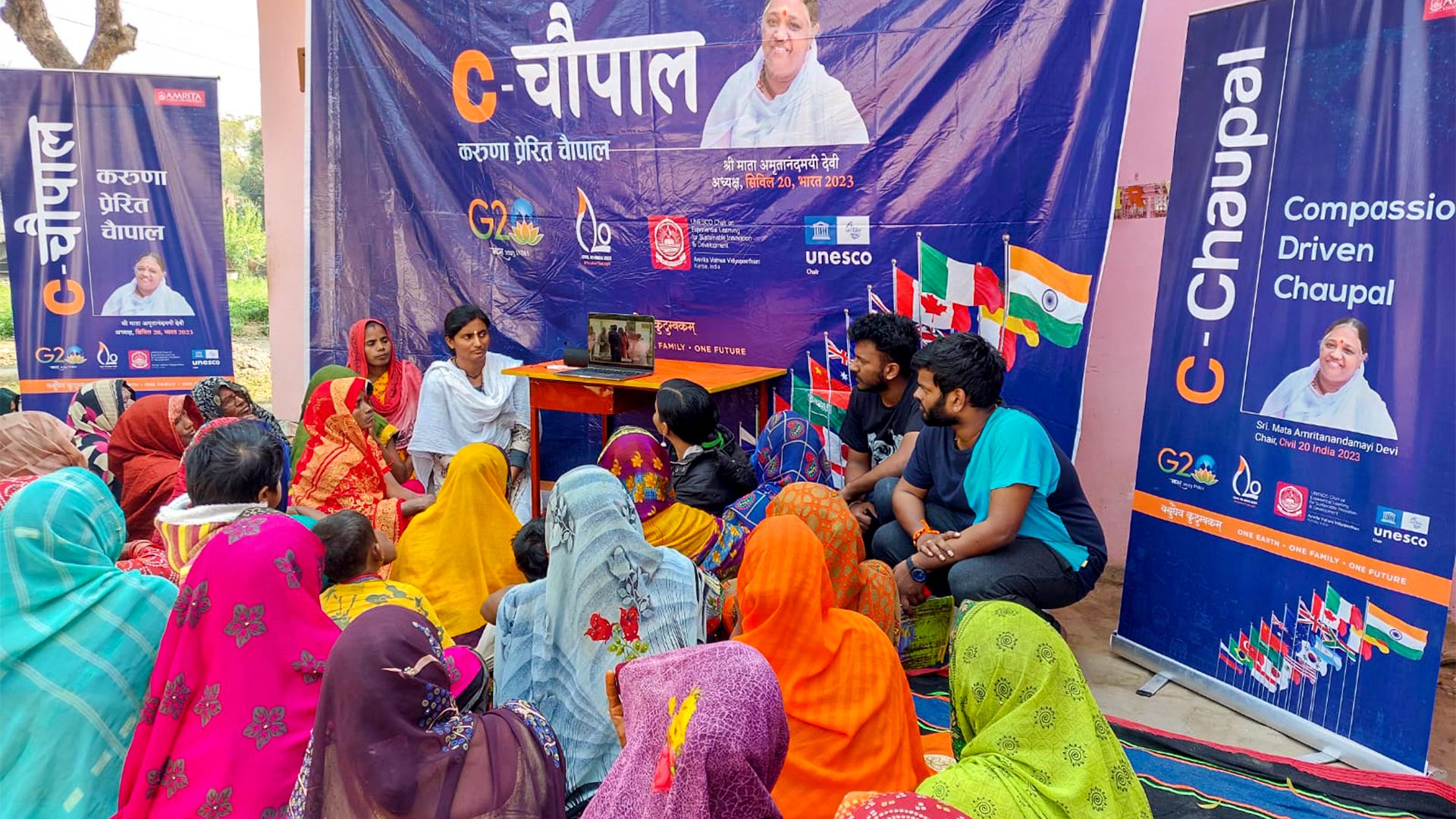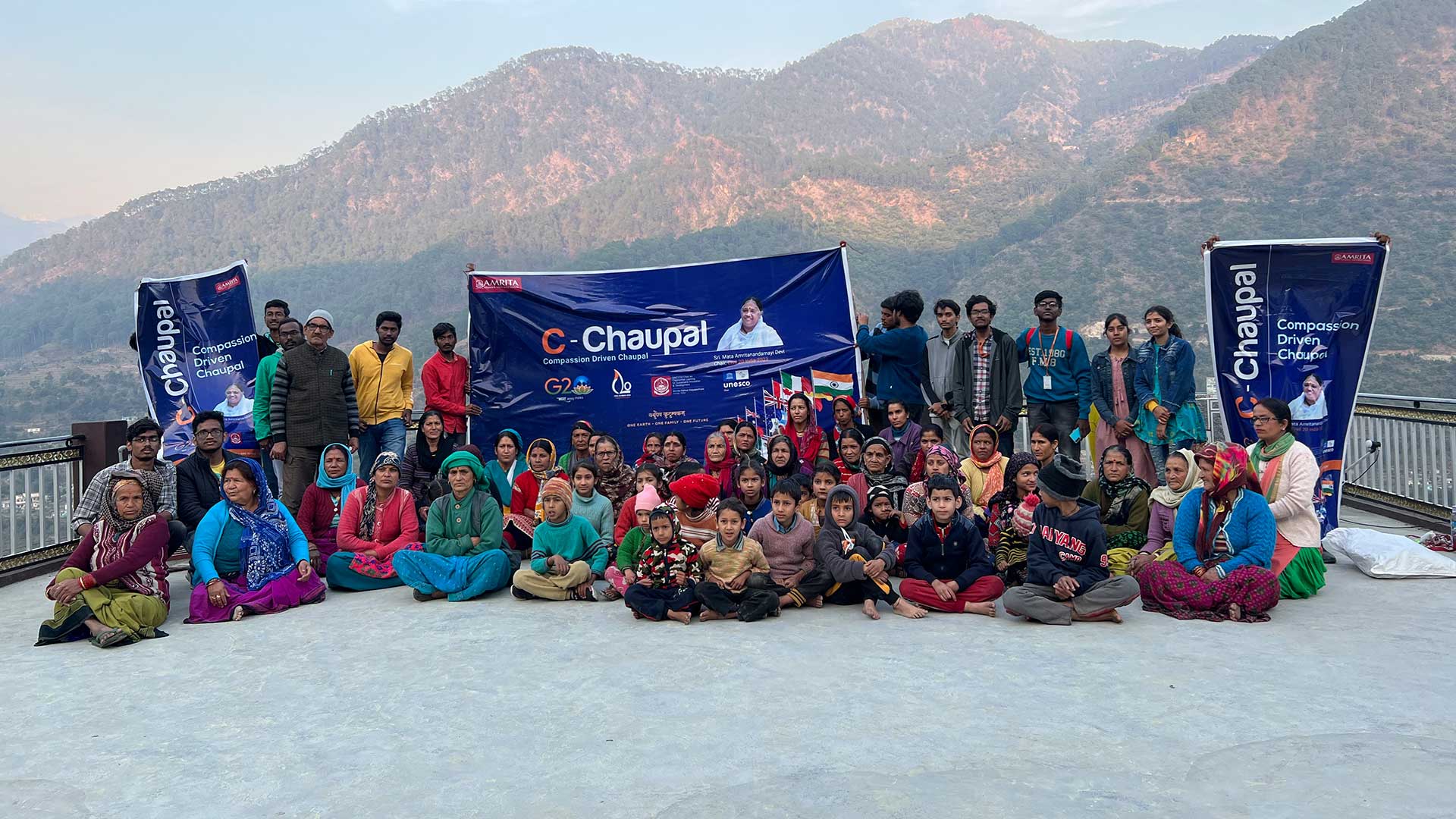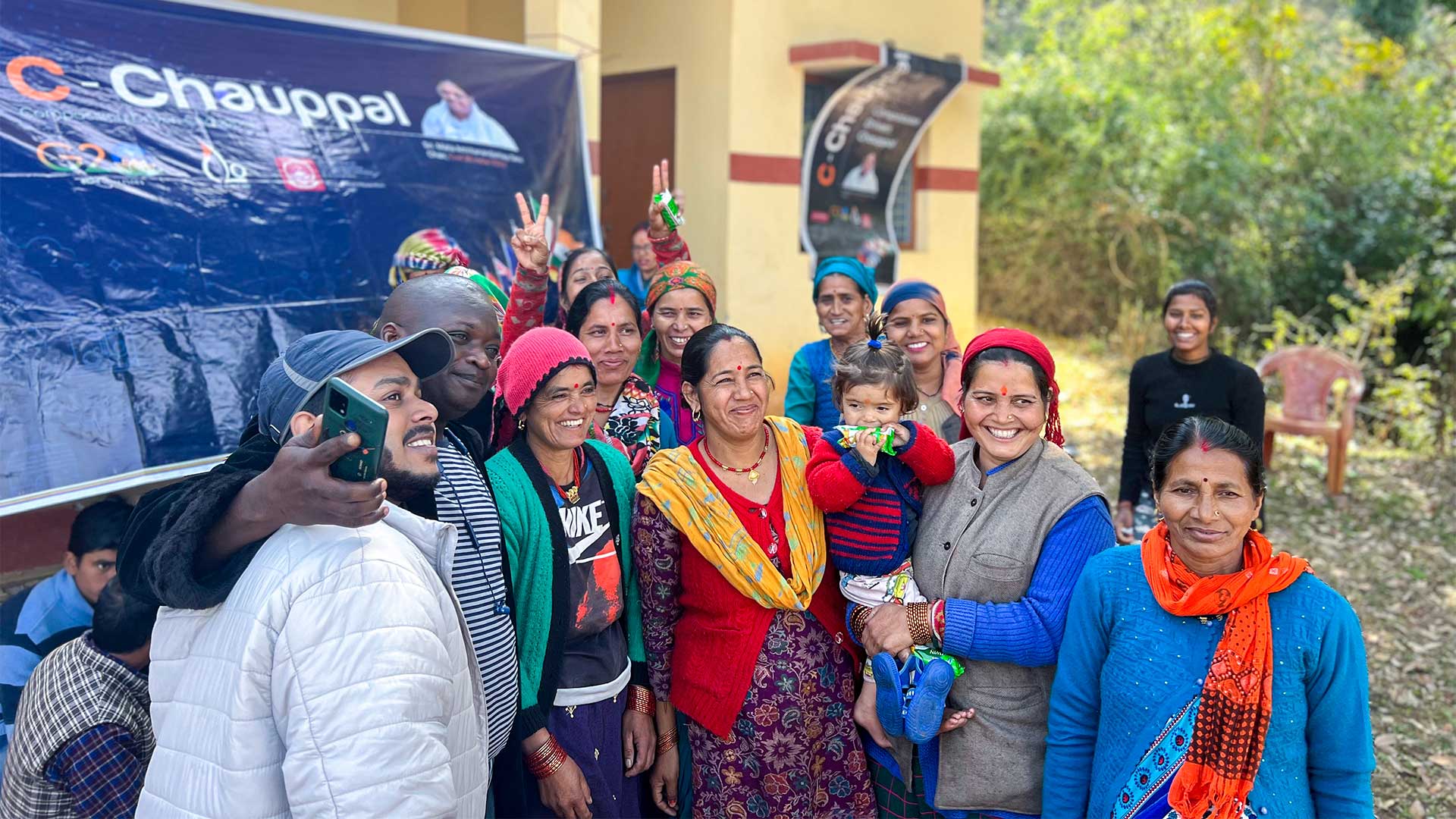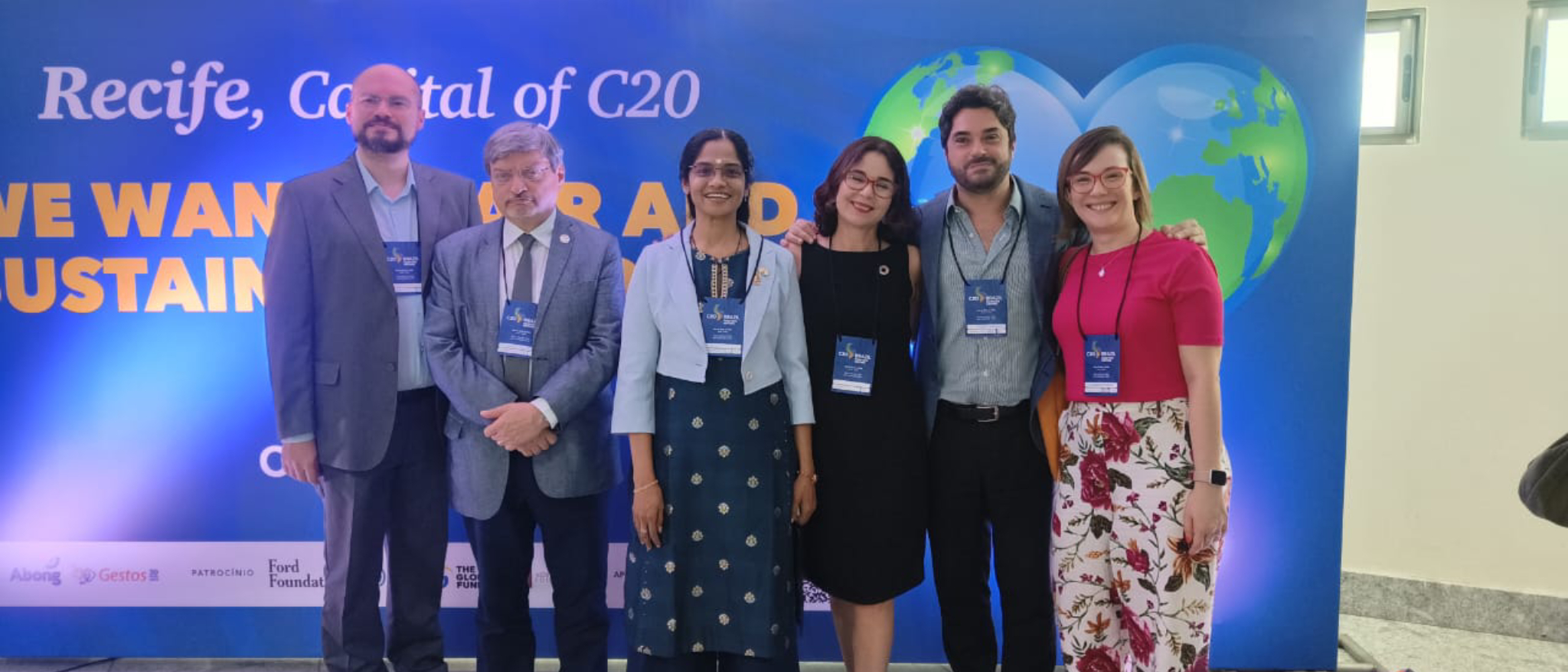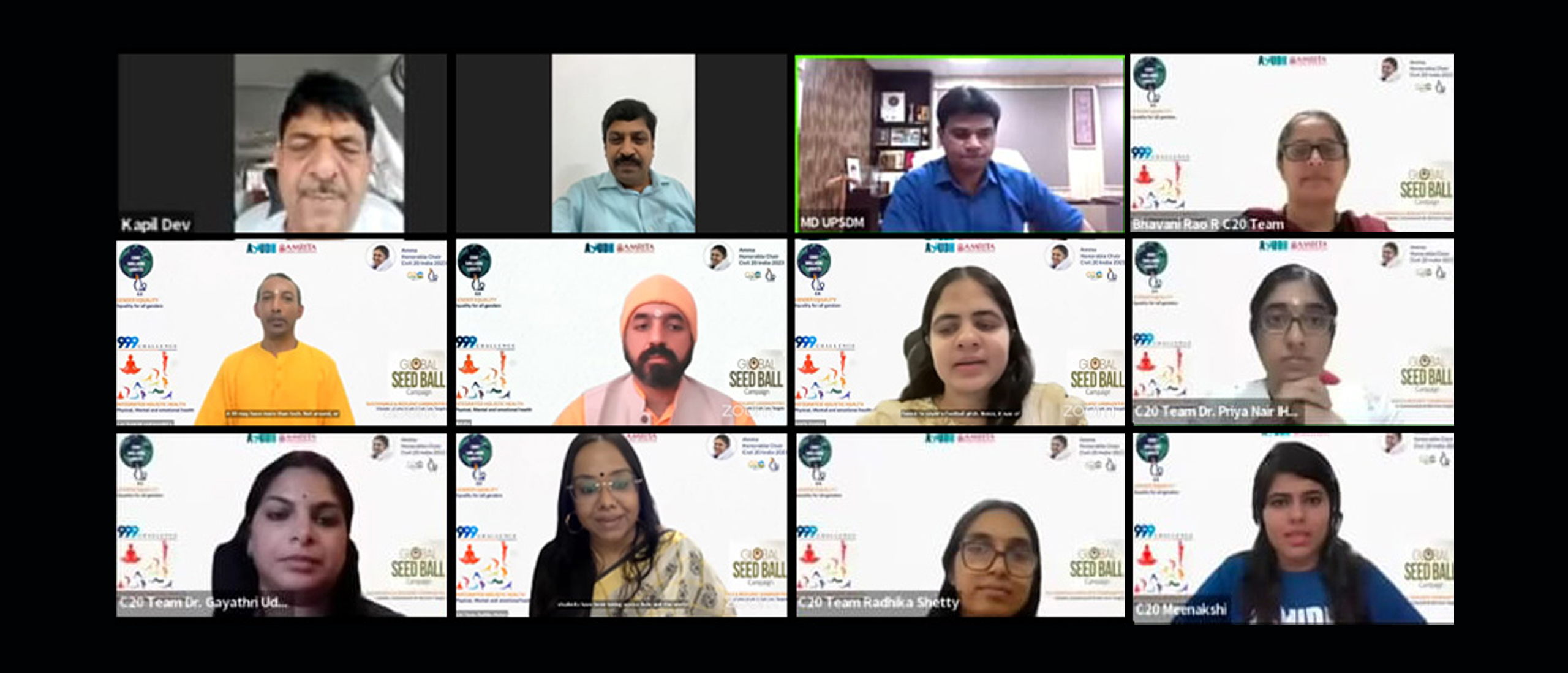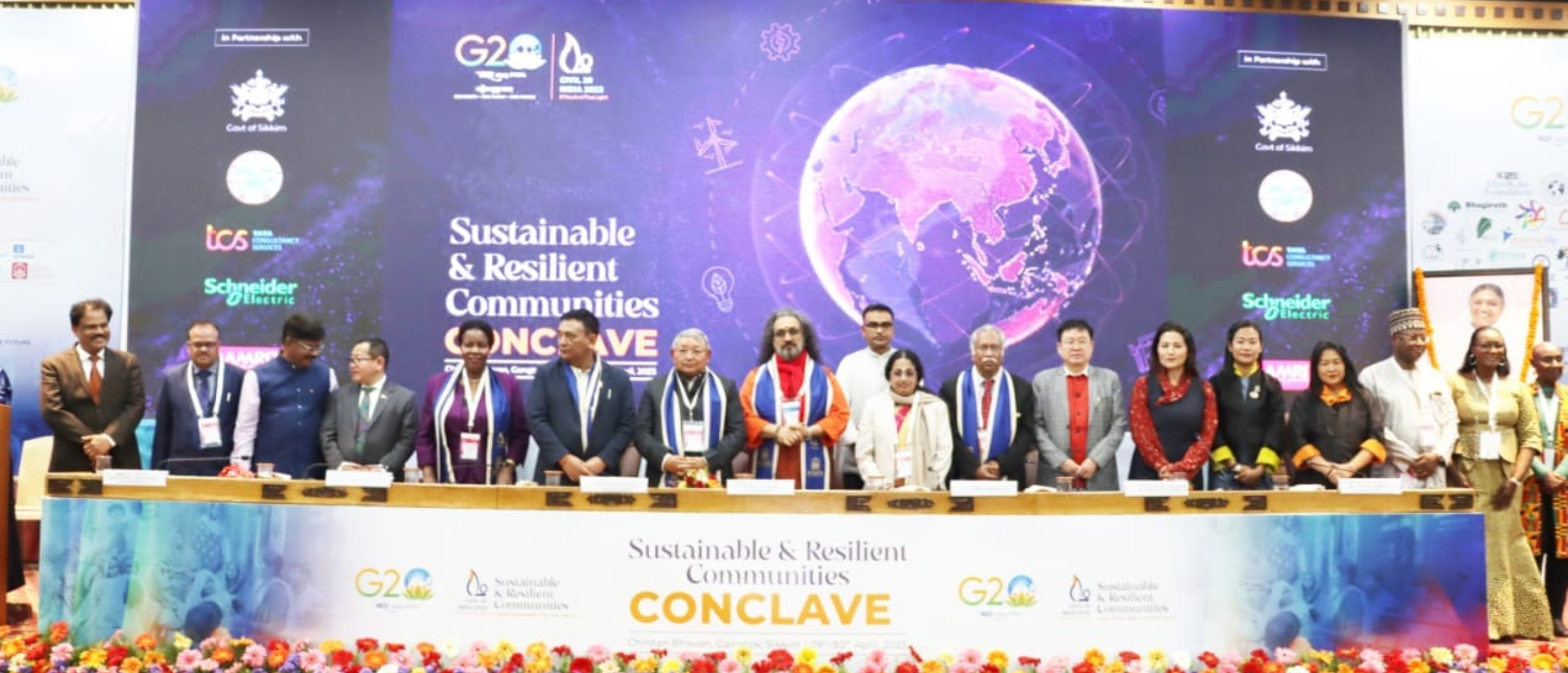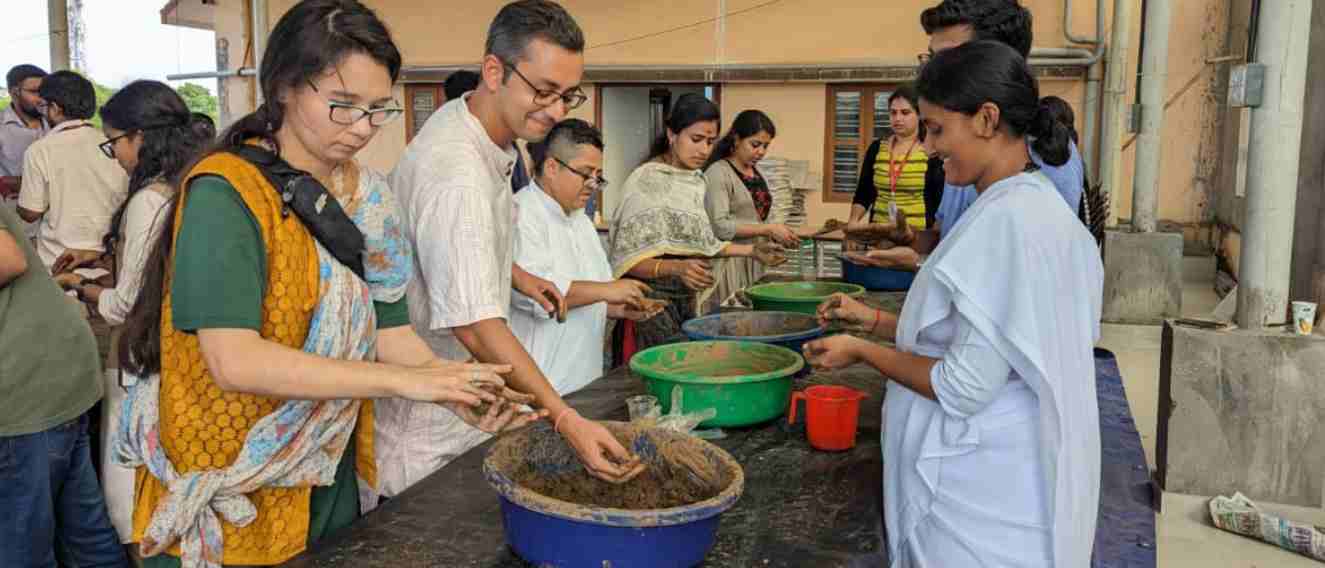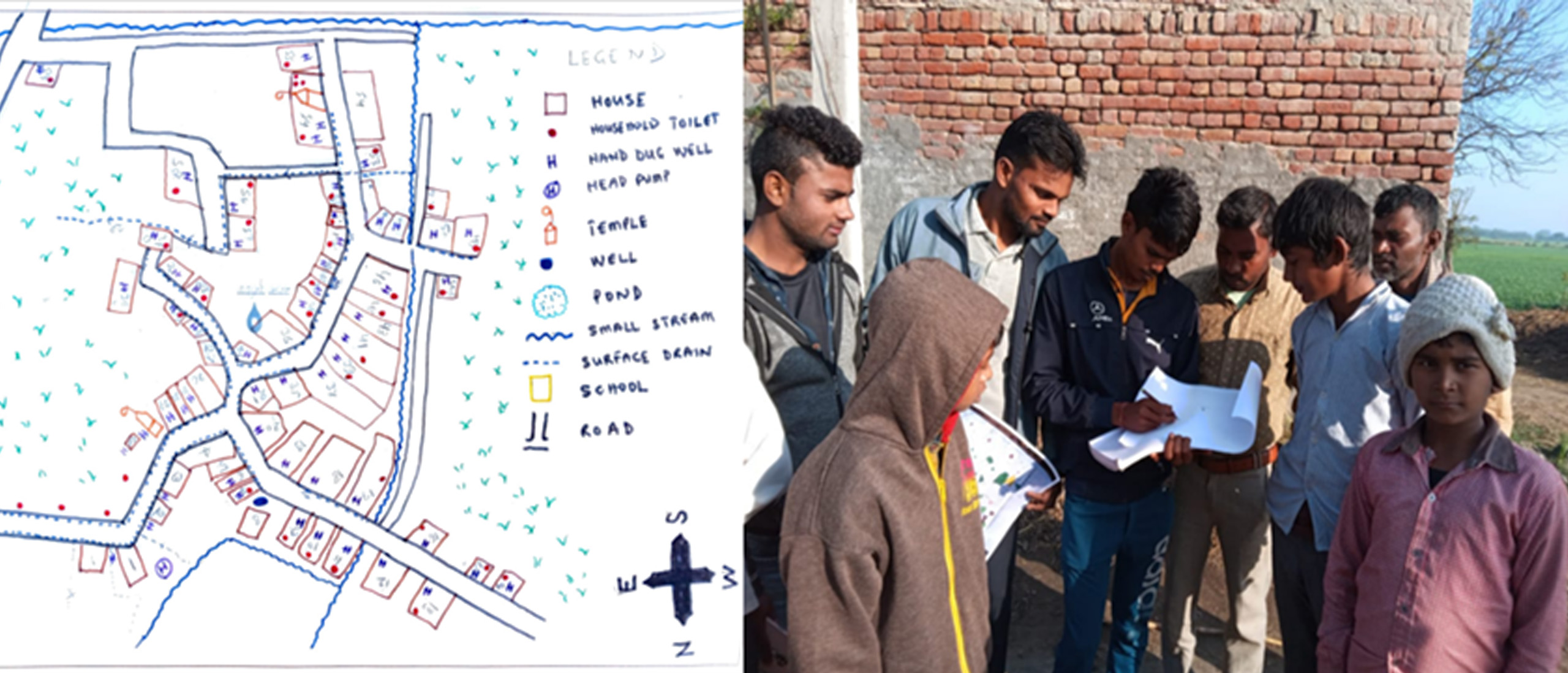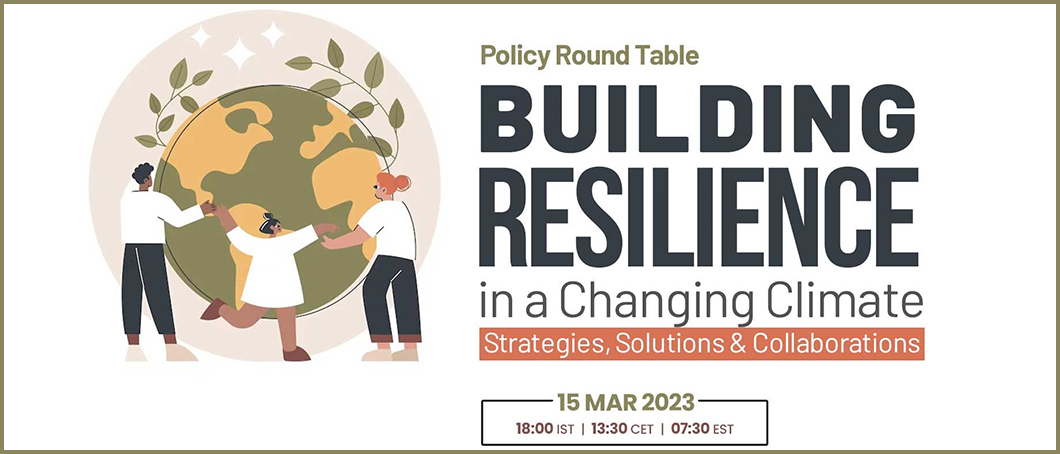An afforestation project in collaboration with Global Nature Fund, Germany, implemented in the Western Ghats of Maharashtra and Karnataka. This community-based initiative aims to enhance biodiversity and sustainable livelihoods for indigenous communities by planting fruiting trees. It focuses on empowering women through SHGs involved in nursery management. So far, 19,000 fruit trees, including mangoes, coconut, teak, areca nut, cinnamon, jackfruit, and cashew, have been distributed and planted in five villages. The expected outcomes include the development of SHGs, establishing nurseries, and creating a Tribal Museum to preserve the cultural heritage. The project aligns with SDGs 13, 15, and 17 and spans three years.
The project aims to conserve culturally and ecologically significant ecosystems through community-based efforts, focusing on 17 groves in 4 states. With only 14,000 known groves, urgent action is needed to address threats from human activities. Preserving community identity is crucial, as these groves hold local beliefs. The project considers ecological, socio-economic, and cultural aspects for long-term protection of communities, wildlife, and pilgrims. Baseline data collection highlights positive impacts, documenting groves and conservation strategies. Adopting best practices ensures sustainable benefits and knowledge sharing through the Sacred Grove Area Network.
The program aims to achieve this through impact-led market creation strategies in Gender Equality, Health & Wellbeing, Digital Education & Livelihoods, and Climate Action. The Dharma Life Clean Energy Entrepreneur uses technology and social commerce to engage households. The program promotes women’s participation in textiles through circular entrepreneurship and provides sustainability training, business skills, and mentorship for artisans, emphasising material health and climate protection. Ultimately, the plan empowers rural communities, especially women and children, through sustainable initiatives and economic opportunities.
Ecohameau du Plessis, is an ecovillage with 28 ecohouses and an old-age home called “Les aînés du Plessis” consisting of 22 flats and houses 28 families. These communities live from and for their natural surroundings and draw on cooperation, self-sufficiency, renewable energies and ecological materials.
The initiative aims to eradicate begging and support homeless individuals. It provides accommodation, food, and clothing while offering skill development and job opportunities. The project has successfully reunited 121 beggars with their families, employed 105 individuals, and sent 18 to old age homes. It also provided de-addiction treatment and mental health support to some. The project facilitated ID cards for 72 beggars, trained 172 individuals for better livelihoods, and assisted 10 beggars in opening savings accounts. It received the Dalmia Cement Change Maker Award 2022 for its impactful efforts.
The Humanscapes habitat in Auroville, Tamil Nadu, is an important research project focused on climate-smart settlement planning and design for sustainable housing. It aims to create an adaptable habitat that considers the environment and resources. The project uses complex adaptive design systems, considering factors like topography, climate, local materials, and advanced technologies, including construction waste recycling. Key practices involve tailored planning to address Auroville’s challenges, climatically smart building design to minimise energy consumption, and comprehensive water management for water security. Overall, Humanscapes exemplifies a holistic, innovative, and climate-conscious approach to creating a sustainable and comfortable living environment.
ResolveTrash-2-Cash, an initiative by SAFE, promotes waste recycling as a sustainable lifestyle and green businesses. Targeting COVID-19 impacted marginalized individuals, it provides skill training to transform them into entrepreneurs. They collect various waste materials and create profitable products, supporting over 2000 women entrepreneurs. Collaborating with IIP and the Government of India, they emphasize value addition and plan to generate master recyclers. Sustainability is ensured through partnerships and community involvement. Despite COVID-19 challenges, they expect to break-even after three years, recycling around 20,000 kg of solid waste monthly. Overall, they aim to empower communities and promote sustainable lifestyles through circular economic interventions.
The International Conference & POP Festival for Youth-Led Climate Action is a global event uniting stakeholders to address environmental challenges. It offers a platform for capacity building, knowledge sharing, and networking among youth, global leaders, and former heads of states. The festival aims to combat climate change with innovative solutions, promoting diversity and inclusivity. With the goal of reaching 50 million people worldwide, it celebrates climate action and fosters a community of climate advocates. The festival includes various gatherings like the POP USA Festival in April 2023 and The Latin America and The Caribbean International Conference and POP Festival in May 2023. It has attracted participants and projects from 123 countries, making it impactful in the fight against climate change.
Industree, established in 2000, supports women-owned creative enterprises in India and Ethiopia. Their initiatives have positively impacted 500,000 individuals by upskilling rural women producers and promoting sustainable ownership, integrating them into the global creative economy. Their “The Tree Effect” approach emphasizes women as leaders for a brighter future, empowering enterprises that create high-quality, sustainable products. Industree’s 6C Model, consisting of core components for building sustainable value chains, plays a crucial role in their success. Nurturing a regenerative economy and empowering women-led initiatives aligns with their belief in creating a better world through sustainable and inclusive practices.
The Zero Waste Trail project aims to reduce the negative impact of trekking tourism on Khangchendzonga National Park, a UNESCO World Heritage Site. It successfully reduced waste in the park by over 90%, promoting sustainable tourism and protecting the delicate ecosystem. The project expanded to all Gram Panchayat Units in Sikkim, showing its scalability. Despite limited resources, it achieved success through planning, community engagement, and innovative strategies. By minimising waste, the project safeguards wildlife, biodiversity, and the park’s natural beauty. With over 5000 annual tourists, the project preserves the park’s pristine environment. Overall, it exemplifies sustainable waste management and responsible tourism in ecologically sensitive areas.
A women-led social enterprise program offering affordable sanitary pads to rural women, addressing a crucial health issue. Integrating health assessments with agricultural programs has attracted farmers’ attention and increased agricultural training. The approach has advantages of reaching more beneficiaries and facilitating cross-learning. Challenges include logistical requirements and engaging large organisations. Nevertheless, this model can empower rural communities and serve as a relevant example for other countries with similar rural populations.
Unnat Kheti, part of Low Carbon Agriculture (LCA) Programme, empowers 18,000 farmers with sustainable practices. It aims to reduce India’s agricultural sector’s greenhouse gas emissions (15% of total), enhance climate resilience, restore ecosystems, and lower the carbon footprint. The initiative fosters research and supports governments to promote LCA practices. With a 77% success rate, targeted farmers adopt two natural farming practices. States like Gujarat incentivize natural farming with US$ 400 per hectare. 12 bio-resource centers run by women’s Self-Help Groups provide organic materials. Unnat Kheti aligns with India’s mission on natural farming, fostering climate change mitigation and balanced diets for all.
The Community-Owned Social and Agroforestry for Protecting and Rejuvenating Water Sources project, initiated in 2018 in Kalahandi district, Odisha, combats water insecurity due to climate change. It benefits 749 households, covering 13 habitations and 2160 acres. The project increases green cover on 100 acres, sequesters 1,31,000 tons of CO2, and positively impacts water sources with 137,000 social forestry and 13,000 agroforestry plantations. It includes capacity building for local committees, women’s self-help groups, and youth to manage water resources. The project significantly enhances water resources and rural livelihoods through community-based agroforestry and water management initiatives.
The Sarvathobhadram Organic Farmers Cooperative in Thrissur, Kerala, has been vital for small farmers. They customized farming systems, reviving abandoned land and promoting organic practices. With 50 members, they ensure food security, livelihood, and entrepreneurship. They’ve grown organic veggies on 26 acres and engaged in paddy farming on 62 acres during the pandemic. Selling organic paddy at Rs 70/kg to Supplyco surpassed the government’s minimum support price. Collaboration with government departments helped access schemes and create jobs. Future goals include increasing cropping intensity, reducing costs, securing organic certification, and building a self-sufficient village for healthy food accessibility in 2023-24.
InterGram promotes Climate Smart Agriculture through ICT technologies, empowering smallholder farmers with VR/AR-based training, remote sensing data, and e-commerce. Rural broadband hubs offer eCommunity services, including Farming 4.0, Phenomics, and Organic Farming training. Services like AR/VR Remote Sensing reduce input costs, while IoT & AI/ML detect crop diseases and stresses. The program’s success in Odisha led to plans for expansion. It won the Global first prize at IEEE’s Connecting the Unconnected Challenge in 2021. InterGram generates awareness through events, household visits, and media channels. Its ultimate goal is to empower farmers, promote sustainable agriculture, mitigate GHG emissions, and alleviate rural poverty.

